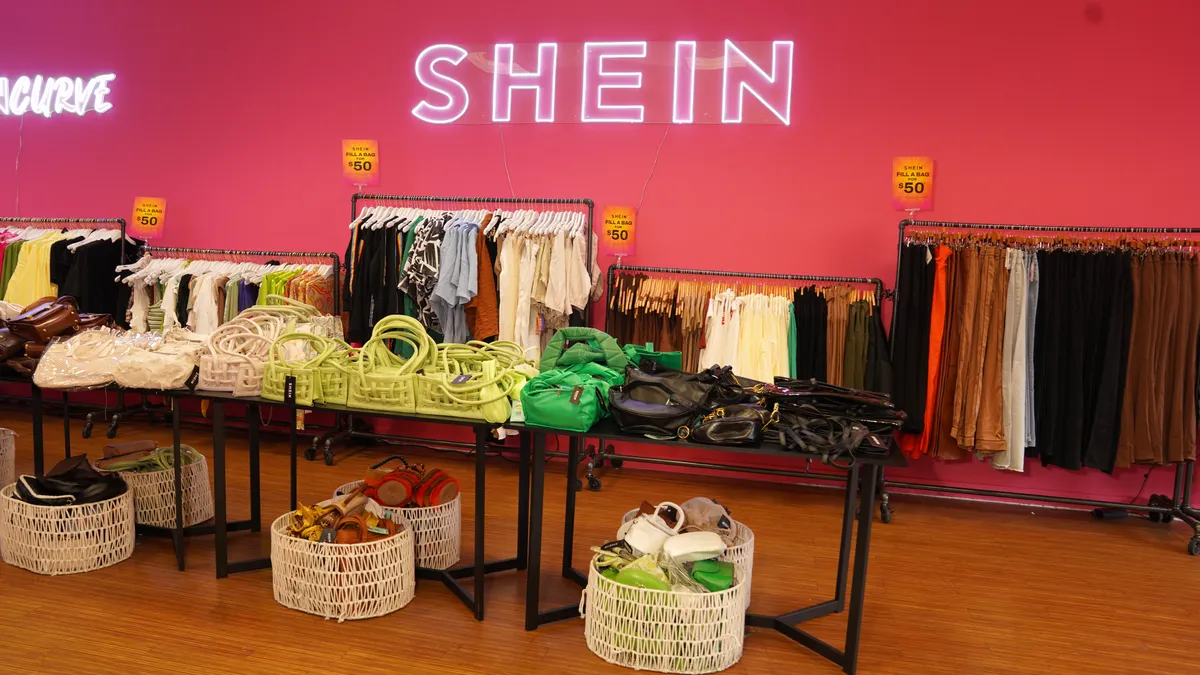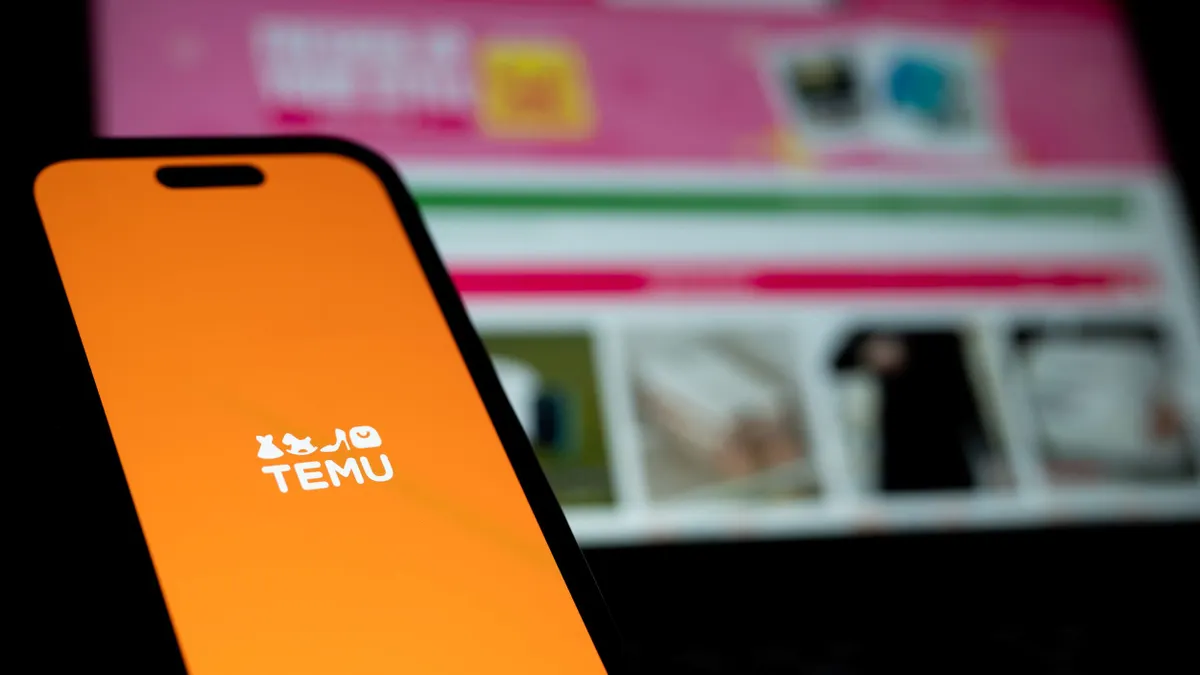Dive Brief:
- A group of 24 U.S. representatives are calling to halt fast-fashion giant Shein’s potential bid to become publicly traded until it verifies that it does not use forced labor.
- The bipartisan group, led by Reps. Jennifer Wexton (D-Va.) and John Rose (R-Tenn.), wants the Securities and Exchange Commission to mandate Shein to audit and verify "the company does not use Uyghur forced labor as a condition of being registered to issue securities in the United States," the letter states.
- Shein was subject to another government report by the U.S.-China Economic and Security Review Commission last month, which called on lawmakers to ensure that Shein and other emerging Chinese fast fashion companies were complying with U.S. trade restrictions and intellectual property laws.
Dive Insight:
While Shein is reportedly eyeing an IPO before the end of the year, its practices are coming under additional scrutiny. Over the last few years, the company has faced allegations that it rips off designs from companies both large and small, produces garments from factories with labor violations and sells clothing with high levels of hazardous chemicals.
"We strongly believe that the ability to issue and trade securities on our domestic exchanges is a privilege, and that foreign companies wishing to do so must uphold a demonstrated commitment to human rights across the globe," the letter from lawmakers reads.
Last year, Bloomberg reported that tests showed Shein sourced cotton for its clothing from China’s Xinjiang province, a region where China had been accused of detaining more than 1 million Uyghur people. President Joe Biden signed the Uyghur Forced Labor Prevention Act in 2021, which bans products from the region over forced labor concerns.
The letter states that there are “credible allegations of the company’s use of underpaid and forced labor” in the region. Its signers are demanding transparency and seeking independent verification that the company doesn’t use forced labor before it’s allowed to register on the stock exchange.
A Shein spokesperson said the company didn’t have any suppliers in the Xinjiang region and that its suppliers were based in Brazil, Southern China and Turkey.
“We take visibility across our entire supply chain seriously, and we are committed to respecting human rights and adhering to local laws in each market we operate in,” the spokesperson said in an email to Fashion Dive. “Our suppliers must adhere to a strict code of conduct that is aligned to the International Labour Organization’s core conventions. We have zero tolerance for forced labor.”
In another letter in February, U.S. representatives similarly voiced concern over whether Shein was using materials from this region.
Though founded in China, Shein is now based in Singapore. Shein was reportedly seeking to raise about $2 billion in new funding along with the IPO, according to Reuters.











